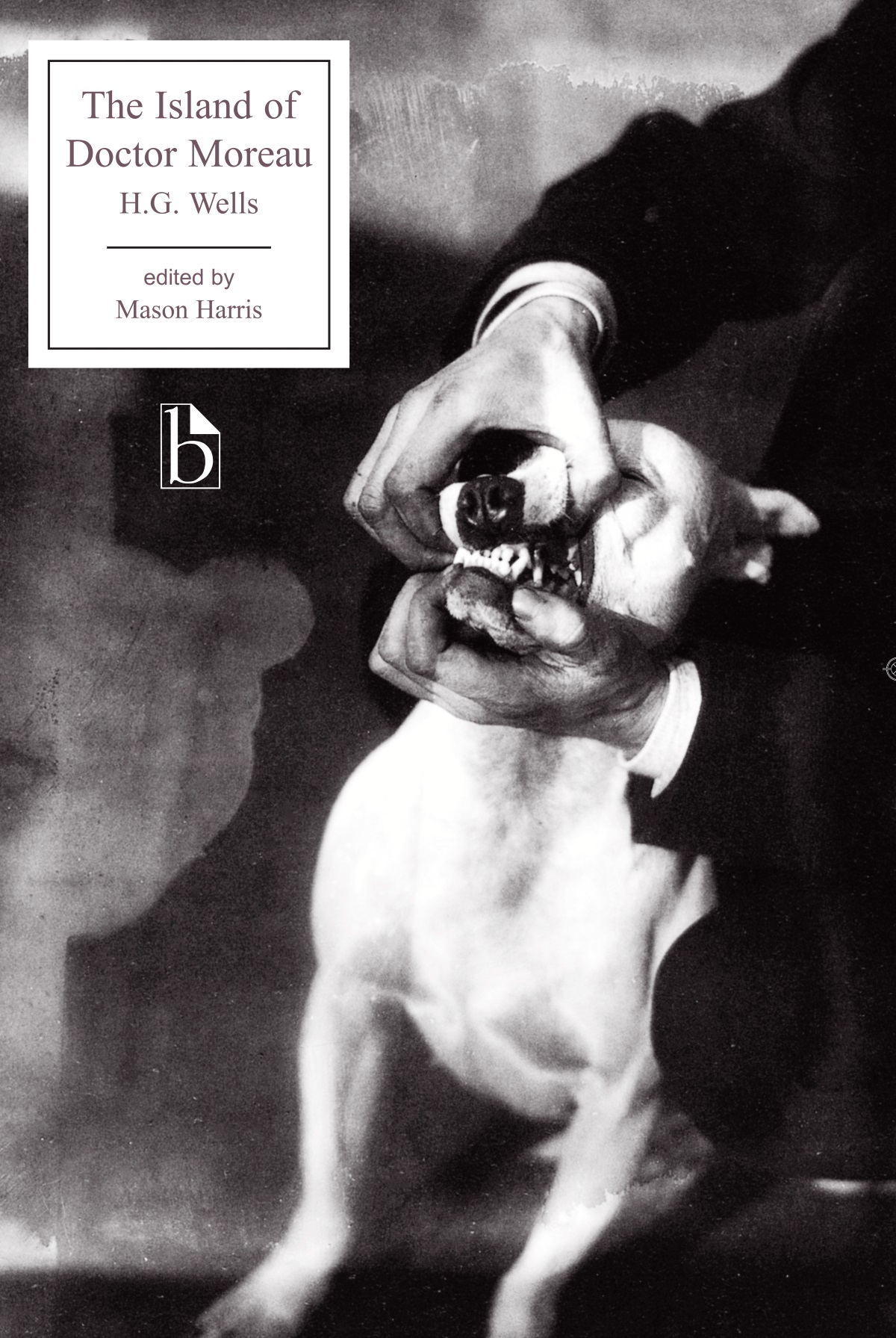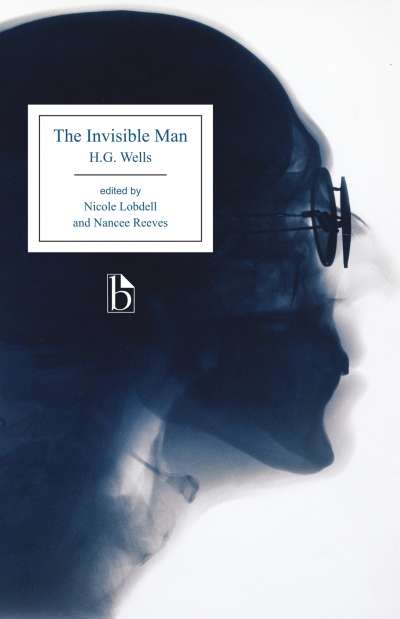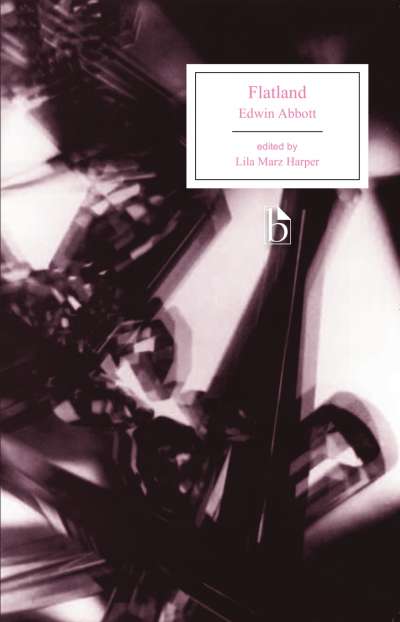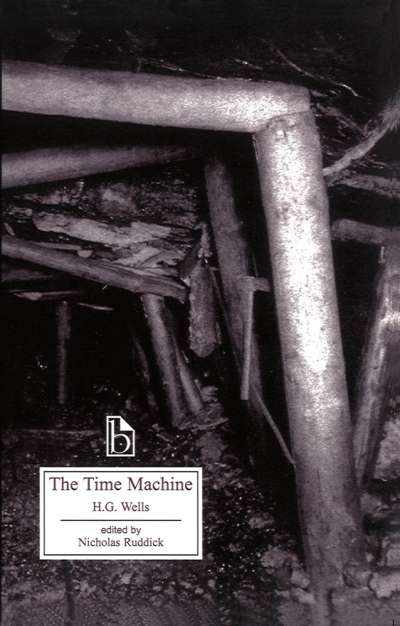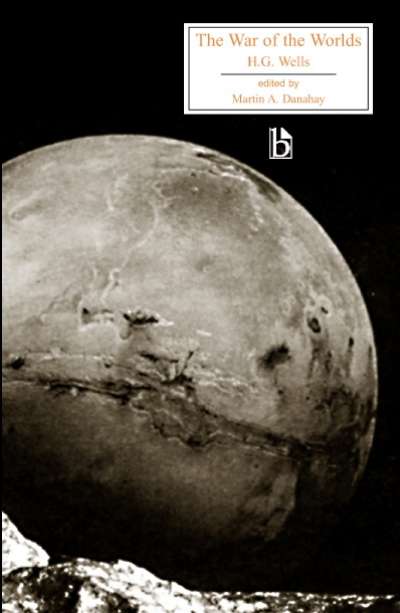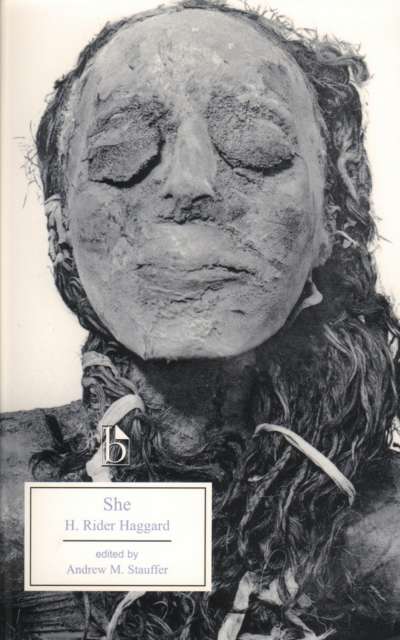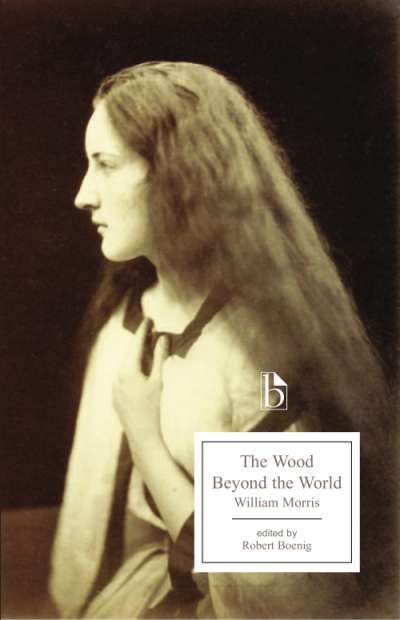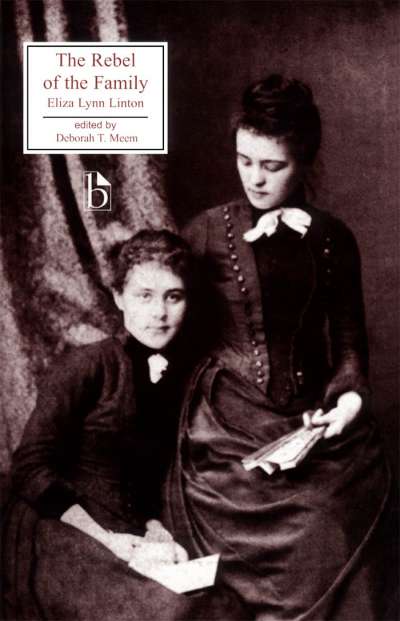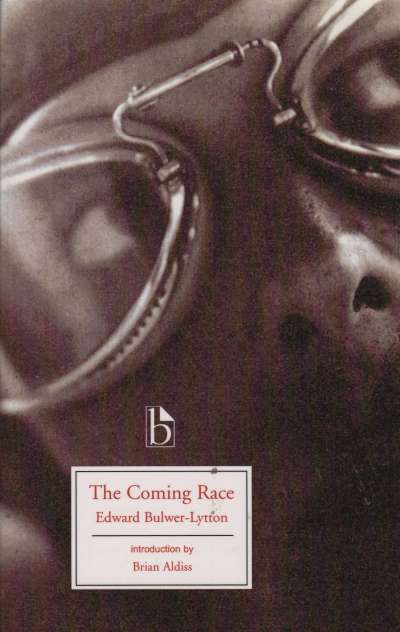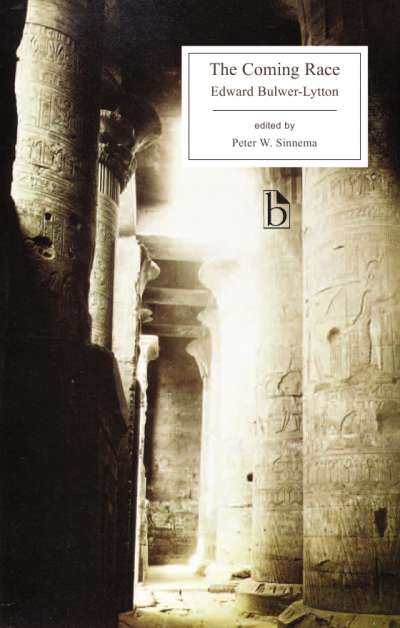A classic of science fiction and a dark meditation on Darwinian thought in the late Victorian period, The Island of Doctor Moreau explores the possibility of civilization as a constraint imposed on savage human nature. The protagonist, Edward Prendick, finds himself stranded on an island with the notorious Doctor Moreau, whose experiments on the island’s humans and animals result in unspeakable horrors.
The critical introduction to this Broadview Edition gives particular emphasis to Wells’s hostility towards religion as well as his thorough knowledge of the Darwinian thought of his time. Appendices provide passages from Darwin and Huxley related to Wells’s early writing; in addition, excerpts from other writers illustrate late-nineteenth-century anxieties about social degeneration.
Comments
“The Broadview Edition of The Island of Doctor Moreau restores this greatest of all post-Darwinian island fables to its original context. In his introduction, Mason Harris provides a lively account of the evolutionary debates that influenced the novel’s construction and an informative overview of criticism to date. Appendices show the controversy generated by Moreau’s publication, situate the final text alongside early drafts and Wells’s journalism, and reprint scientific and literary sources crucial to understanding the novel. This edition will appeal to both those in the academy and the general reader, and is to be strongly recommended.” — Steven McLean, H. G. Wells Society
“Mason Harris provides the reader with essential connections between The Island of Doctor Moreau and the scientific and philosophical debates that raged in the Victorian world. This edition provides vital insight that allows the reader to slice through the shadows of Moreau’s House of Pain and emerge into the true turn-of-the-century horror that H.G. Wells constructed. The appendices, including samples of Wells’s scientific journalism, help bring focus to the complexity of the author’s vision.” — Eric Cash, Abraham Baldwin College, Editor, The Undying Fire: The Journal of The H.G. Wells Society, the Americas, 2001–2005
Acknowledgements
Introduction
H.G. Wells: A Brief Chronology
A Note on the Text
The Island of Doctor Moreau
Appendix A: Wells on Wells
Appendix B: Wells on Moreau and Science Fiction
- From Arthur H. Lawrence, “The Romance of the Scientist: An Interview with Mr. H.G. Wells” (1897)
- From H.G. Wells, “Preface,” The Works of H.G. Wells, Vol. 2 (1924)
- From H.G. Wells, “Preface,” The Scientific Romances of H.G. Wells (1933)
Appendix C: Contemporary Reviews
- Chalmers Mitchell, Saturday Review (11 April 1896)
- Letter from H.G. Wells replying to Chalmers Mitchell, Saturday Review (1 November 1896)
- [R.H. Hutton], Spectator (11 April 1896)
- Manchester Guardian (14 April 1896)
- The Guardian (3 June 1896)
- The Times (17 June 1896)
- The Review of Reviews (July–December 1895)
Appendix D: Evolution and Struggle I: Classical Darwinism
- From Alfred Tennyson, In Memoriam (1850)
- From Charles Darwin, The Origin of Species (1859, 1872)
- From Thomas H. Huxley, Man’s Place in Nature (1863)
- From Charles Darwin, The Descent of Man and Selection in Relation to Sex (1871)
- From Charles Darwin, The Expression of the Emotions in Man and Animals (1872)
- From H.G. Wells, Text–Book of Biology (1893)
- From H.G. Wells, “The Rediscovery of the Unique” (1891)
- From H.G. Wells, “The Mind in Animals” (1894)
Appendix E: Evolution and Struggle II: Later Huxley and Wells
- From Thomas H. Huxley, “The Struggle for Existence in Human Society” (February 1888)
- From Thomas H. Huxley, “An Apologetic Irenicon” (November 1892)
- From Thomas H. Huxley, “Evolution and Ethics” (1893, 1894)
- From H.G. Wells, “Bio–Optimism” (29 August 1895)
- From H.G. Wells, “Human Evolution, an Artificial Process” (October 1896)
- From H.G. Wells, “The Acquired Factor” (9 January 1897)
- From H.G. Wells, “Morals and Civilization” (February 1897)
- From H.G. Wells, “Human Evolution: Mr. Wells Replies” (April 1897)
Appendix F: Degeneration and Madness
- From Charles Darwin, The Descent of Man and Selection in Relation to Sex (1871)
- From H.G. Wells, “The Problem of the Birth Supply” (1903)
- From H.G. Wells, A Modern Utopia (1905)
- From Gina Lombroso–Ferrero, Criminal Man According to
the Classification of Cesare Lombroso (1911)
- From Cesare Lombroso, Crime: Its Causes and Remedies (1899)
- From William James, Psychology: The Briefer Course (1892)
- From Jacques–Joseph Moreau, La Psychologie Morbide (1859)
- From Gustave Le Bon, The Crowd: A Study of the Popular Mind
(1895, 1896)
- From H.G. Wells, The Croquet Player (1936)
Appendix G: The Vivisection Controversy
- From Claude Bernard, Report on the Progress and Development of General Physiology in France (1867)
- From Michael Foster, Claude Bernard (1899)
- From Claude Bernard, An Introduction to the Study of Experimental Medicine (1865)
- From George Hoggan (and R.H. Hutton), Letter, The Spectator (1875)
- From R.H. Hutton’s Testimony in Report of the Royal Commission on the Practice of Subjecting Live Animals to Experiments for Scientific Purposes (1876)
- From Dr. Emanuel Klein’s Testimony in Report of the Royal Commission on the Practice of Subjecting Live Animals to Experiments for Scientific Purposes (1876)
- From Frances Power Cobbe, Life of Frances Power Cobbe. By Herself (1894)
- From H.G. Wells, Text–Book of Biology (1893)
- From H.G. Wells, “Popular Feeling and the Advancement of Science. Anti–Vivisection” (1928)
Appendix H: Wells Explains: Two Essays Relating to Moreau’s Argument
- From H.G. Wells, “The Province of Pain” (February 1894)
- From H.G. Wells, “The Limits of Individual Plasticity”
(19 January 1895)
Appendix I: “The Terrible Medusa Case”: An Historical Source for Prendick’s Shipwreck (1818)
Appendix J: Wells’s First Draft of Moreau
Select Bibliography
Mason Harris is a retired Professor of English at Simon Fraser University.

